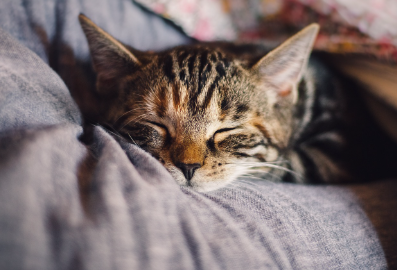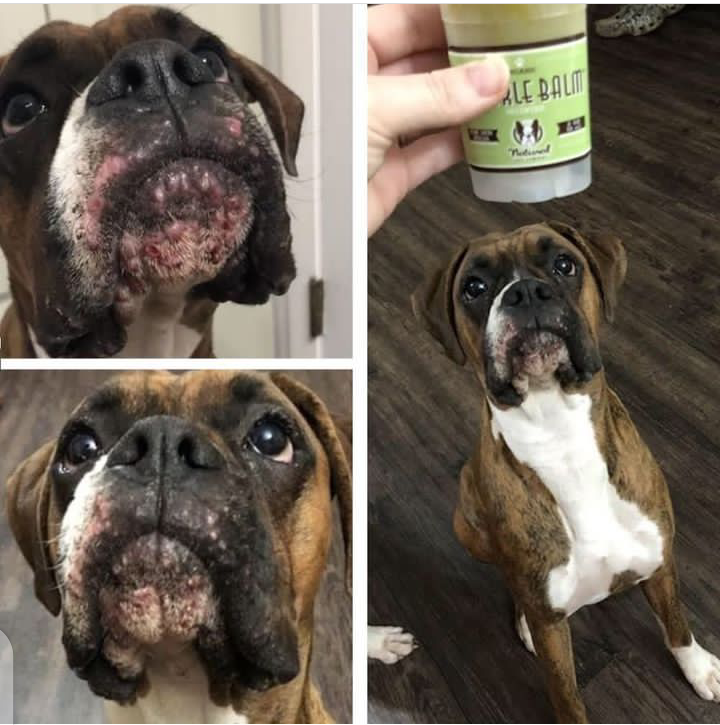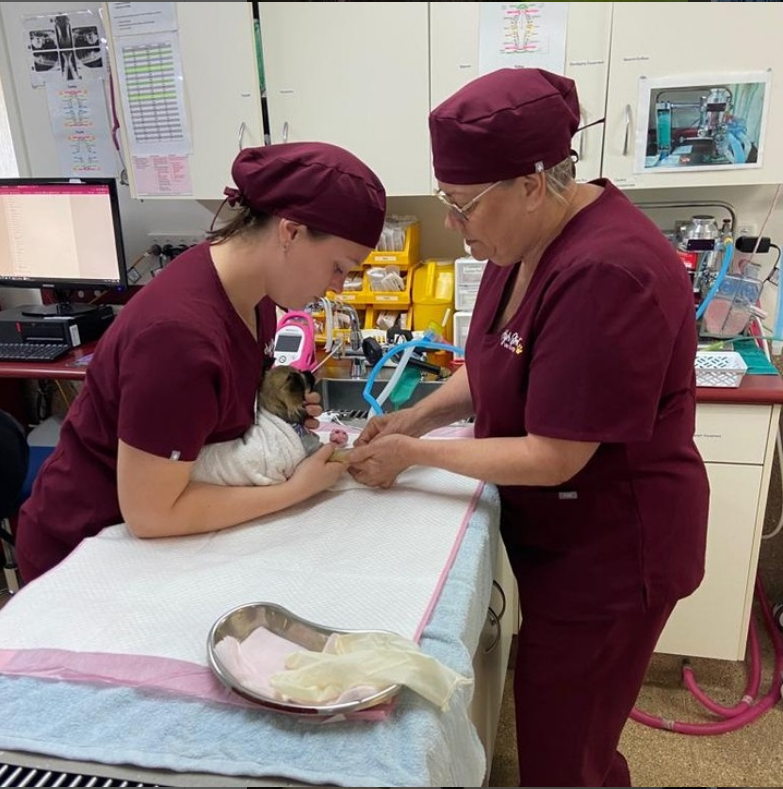Subtle Signs Your Cat May Be Sick
Cats are notoriously good at hiding their illnesses, so it’s essential to be aware of the subtle signs that your cat may be sick. If you notice any changes in your cat’s behavior, appetite, or litter box habits, you must immediately take them to the vet.
Here are some of the most common subtle signs that your cat may be sick:
- Changes in appetite: Cats are known for being picky eaters, but if your cat suddenly stops eating or starts eating much less than usual, it could be a sign of an underlying illness.
- Changes in water intake: If your cat suddenly drinks more or less water than usual, it could be a sign of kidney disease, diabetes, or other health problems.
- Changes in litter box habits: If your cat is suddenly having trouble urinating or defecating, or if their stool is loose or bloody, it could be a sign of urinary tract infection, constipation, or other gastrointestinal problems.
- Changes in grooming habits: Cats are spotless animals, so if you notice that your cat has stopped grooming themselves or is matted and dirty, it could be a sign that they are not feeling well.
- Changes in energy levels: Cats are typically very active animals, so if your cat is suddenly sleeping more than usual or seems sluggish, it could be a sign of an illness.
- Changes in behavior: If your cat is suddenly more aggressive or withdrawn than usual, it could be a sign of pain, discomfort, or stress.
If you notice any subtle signs that your cat may be sick, you must immediately take them to the vet. Early diagnosis and treatment are essential for a good prognosis.
Here are some specific examples of subtle signs that your cat may be sick:
- Your cat is hiding more than usual. Cats are naturally shy animals, but if they start hiding more than usual, it could be a sign that they are not feeling well.
- Your cat is sleeping more than usual. Cats typically sleep 12-16 hours a day, but if they start sleeping for more than 18 hours a day, it could be a sign of an illness.
- Your cat is losing weight. Cats can lose weight for various reasons, including illness, stress, or dietary changes. However, if your cat is losing weight unexpectedly, it’s essential to take them to the vet to rule out any underlying medical conditions.
- Your cat is vomiting or having diarrhea. Vomiting and diarrhea are common signs of gastrointestinal problems in cats. However, if your cat is vomiting or having diarrhea more than once in 24 hours, it’s essential to take them to the vet to rule out any severe underlying medical conditions.
- Your cat is urinating more or less than usual. Cats typically urinate 2-4 times a day. However, if your cat is urinating more or less than expected, it could be a sign of kidney disease, diabetes, or other health problems.
- Your cat is having trouble urinating or defecating. If your cat is straining to urinate or defecate, or if they cannot urinate or defecate at all, it’s essential to take them to the vet immediately. This could be a sign of a urinary tract infection, constipation, or other serious medical condition.
- Your cat is grooming themselves less than usual. Cats are spotless animals, so if they stop grooming themselves or their fur is matted and dirty, it could be a sign that they are not feeling well.
- Your cat’s breath is terrible. Bad breath in cats can indicate dental problems, kidney disease, or other health problems.
- Your cat’s eyes or nose are discharging. Discharge from the eyes or nose can indicate infection, allergies, or other health problems.
- Your cat is losing hair. Various factors, including stress, allergies, and parasites, can cause hair loss in cats. However, if your cat is losing hair excessively, it’s essential to take them to the vet to rule out any underlying medical conditions.
- Your cat is lazy. If your cat suddenly sleeps more than usual or seems sluggish, it could be a sign of an illness.
- Your cat is more aggressive or withdrawn than usual. If your cat is suddenly more aggressive or withdrawn than usual, it could be a sign of pain, discomfort, or stress.
If you notice any subtle signs that your cat may be sick, you must immediately take them to the vet. Early diagnosis and treatment are necessary for a good prognosis.



